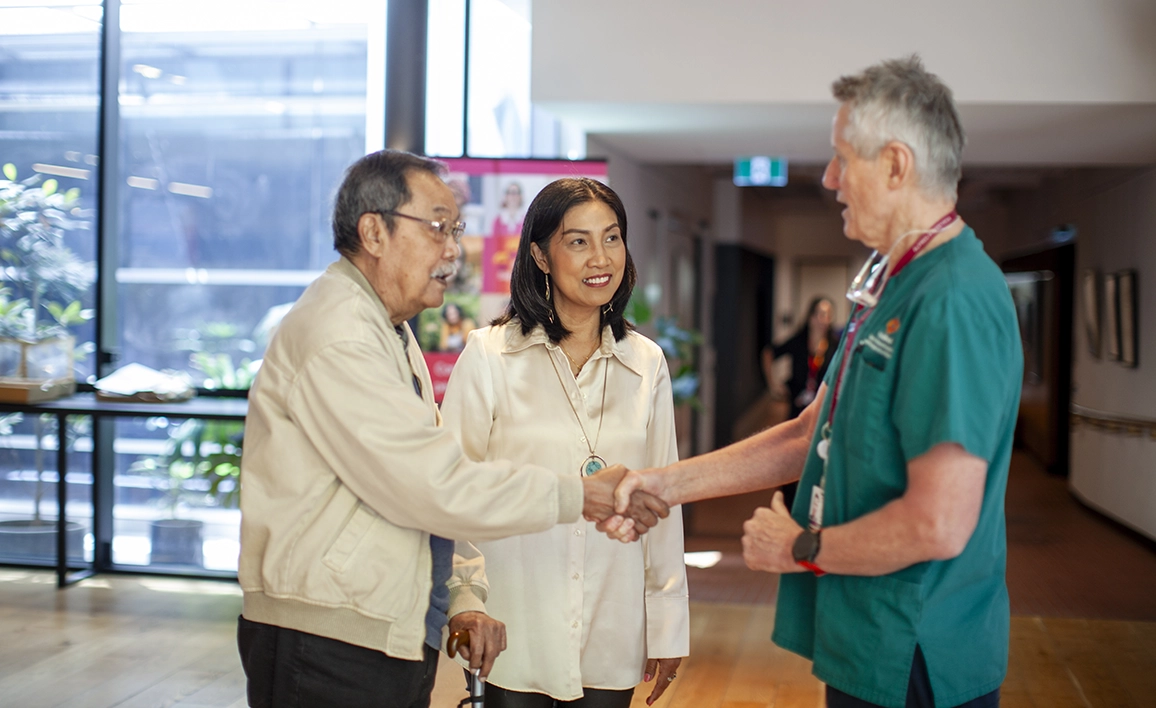Despite the widespread perception that surveys are easy to conduct, good survey research requires substantial planning, time and effort. All of our surveys have undergone stringent peer review to ensure they're rigorously designed and written; respect participants' confidentiality; and avoid over-burdening our fellows and trainees.
We've implemented a range of policies and procedures to ensure that our survey research is of a consistently high standard and that none of our fellows or trainees will receive more than two college-wide surveys a year.
You will find below information on how to apply to the college to conduct survey research. Please read through our tips and application process carefully and don’t hesitate to contact us below if you have any questions.
Please also note, that due to the high volume of survey requests we receive, it may not be possible to schedule your request.
Thank you for your support with this vital aspect of our work.
Survey distribution and recipient lists
Surveys are scheduled to minimise survey fatigue. Members may be randomised to receive up to two surveys over a year that will take no more than 10 minutes complete.
Members who belong to special member groups (for example, special interest groups, regional committees, the Clinical Trials Network and supervisors of training) may receive additional surveys relevant to your expertise, position or region.
Members will have the option to unsubscribe, however, your contribution to survey research is invaluable and we hope that you will support your peers.
All surveys facilitated by the college need to comply with our survey research policy.
Tips for developing your survey
We will:
- Generally only consider distributing surveys that support the strategic direction of "Driving research and quality" to our members.
- Prioritise surveys that inform CTN grant applications, pilot or feasibility studies, and multi-centre research.
- Only approve surveys that take less than 10 minutes to complete.
- Limit the distribution to 1000 randomised or selected members.
- Require you to justify the inclusion of trainees as survey recipients.
We won't:
- Distribute your survey until ethics approval has been confirmed.
- Approve surveys that have already been distributed via other mailing lists which members are already likely to be on.
- Pass on members' contact details to you.
- Distribute a survey where the anticipated response rate is very low.
For further information and resources on conducting surveys and research, please see the ANZCA Research Support Toolkit.
Application process
- Register your interest by contacting the college and completing the initial application form.
- Your survey will be triaged by the college for consideration.
- An expert reviewer will be assigned to discuss your proposal.
- You will be invited to submit a full survey research application if the proposal is suitable for distribution.
- Peer-review feedback will be provided from the expert reviewer.
- When all requirements have been met, you can then seek ethics committee approval at your hospital or university.
- A sample of up to 1000 recipients will be selected for distribution.
- Surveys will be scheduled at a suitable time in accordance with the college Bulk Communication Policy.
- An initial survey invitation and one final reminder will be sent to recipients.
Reporting
Researchers will be required to provide progress and final reports on the outcomes of the research and report the final publication.
Explore this section

The foundation dedicates around $A1.5 million to medical research each year; supports our Indigenous health and overseas aid activities; and raises the profile of college-supported research.

We are the leading clinical trials network in anaesthesia, pain and perioperative medicine.

The purpose of the Professional Practice Research Network (PPRN) is to promote research in the professional practice domains of communicator, collaborator, leader and manager, scholar, health advocate and professional in anaesthesia, perioperative and pain medicine.

Learn more about our research, strategy and objectives.

Many of the recent advances in anaesthesia, pain medicine and perioperative patient care have involved pioneering ANZCA-funded research conducted by our fellows.

Learn more about the college's Open Access Strategy and Open Access (OA) publishing options.

